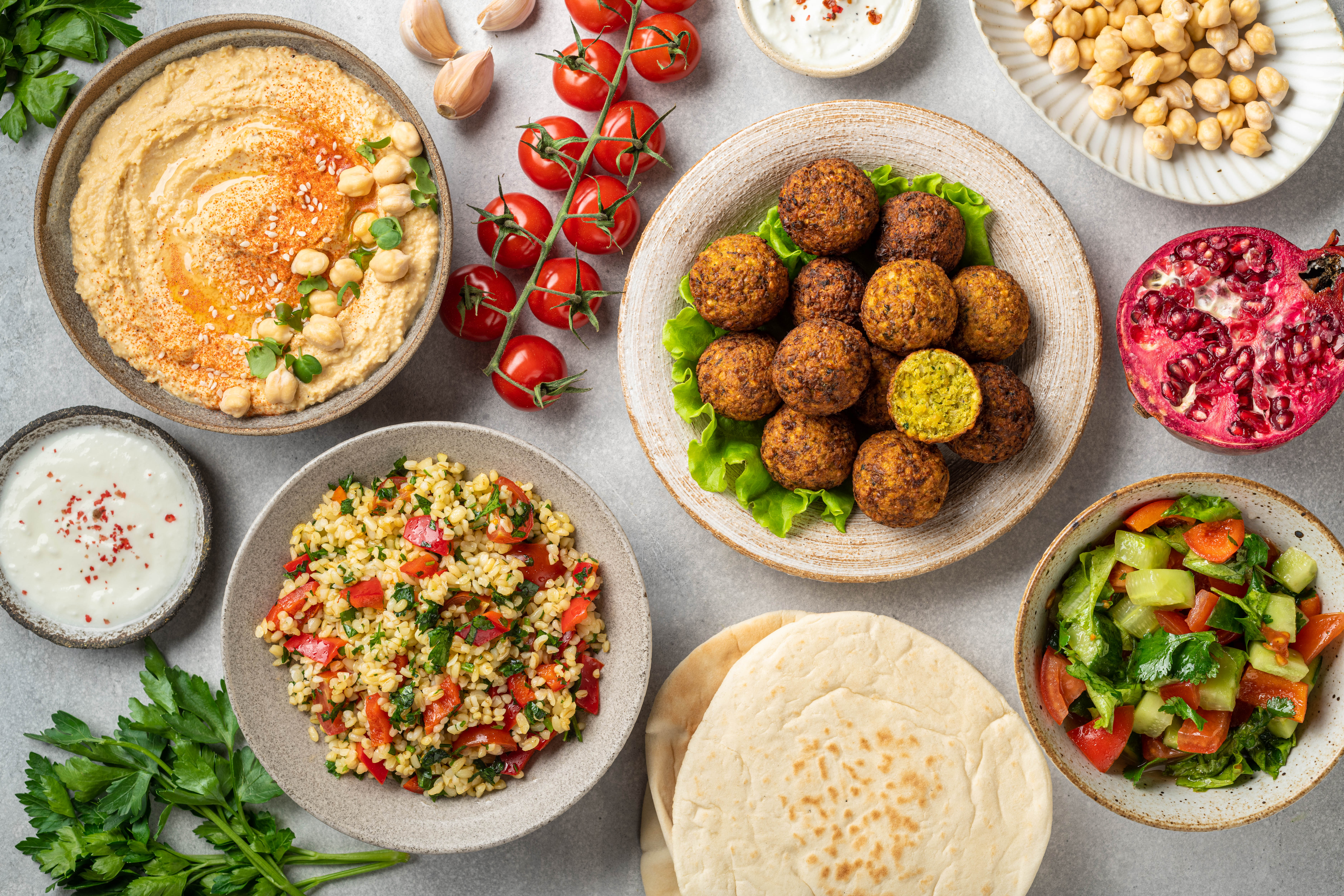Forgotten Eating Habits That Naturally Fortify Your Gut Bacteria
9. The Middle Eastern Diet: A Harmony of Flavors and Health

The Middle Eastern diet, characterized by its rich flavors and aromatic spices, offers a healthful approach to gut health. This diet emphasizes whole grains, legumes, fruits, and vegetables, providing essential fibers and nutrients for a healthy gut microbiome. The use of spices such as cumin, coriander, and sumac adds flavor and anti-inflammatory properties that support gut health. Fermented foods, such as labneh and pickled vegetables, introduce probiotics that enhance microbial diversity. The Middle Eastern diet also includes healthy fats from sources like olive oil and nuts, promoting anti-inflammatory effects and gut health. The communal nature of Middle Eastern meals fosters a holistic approach to eating, supporting digestive health and well-being. By embracing the principles of this diet, individuals can enjoy a flavorful and balanced approach to nurturing their gut microbiome naturally.
10. The Traditional Chinese Diet: Balance and Harmony for Gut Health

The Traditional Chinese Diet, deeply rooted in the principles of balance and harmony, offers a holistic approach to gut health. This diet emphasizes a variety of foods, including vegetables, whole grains, legumes, and lean proteins, providing a diverse array of nutrients that support a healthy gut microbiome. The use of medicinal herbs and spices, such as ginger and garlic, adds flavor and health benefits to the diet. Fermented foods, such as tofu and pickled vegetables, introduce probiotics that enhance microbial diversity. The practice of Traditional Chinese Medicine emphasizes the balance of yin and yang, aligning with modern understandings of the gut-brain axis. By incorporating elements of the Traditional Chinese Diet, individuals can enjoy a vibrant and healthful approach to nurturing their gut microbiome naturally.
